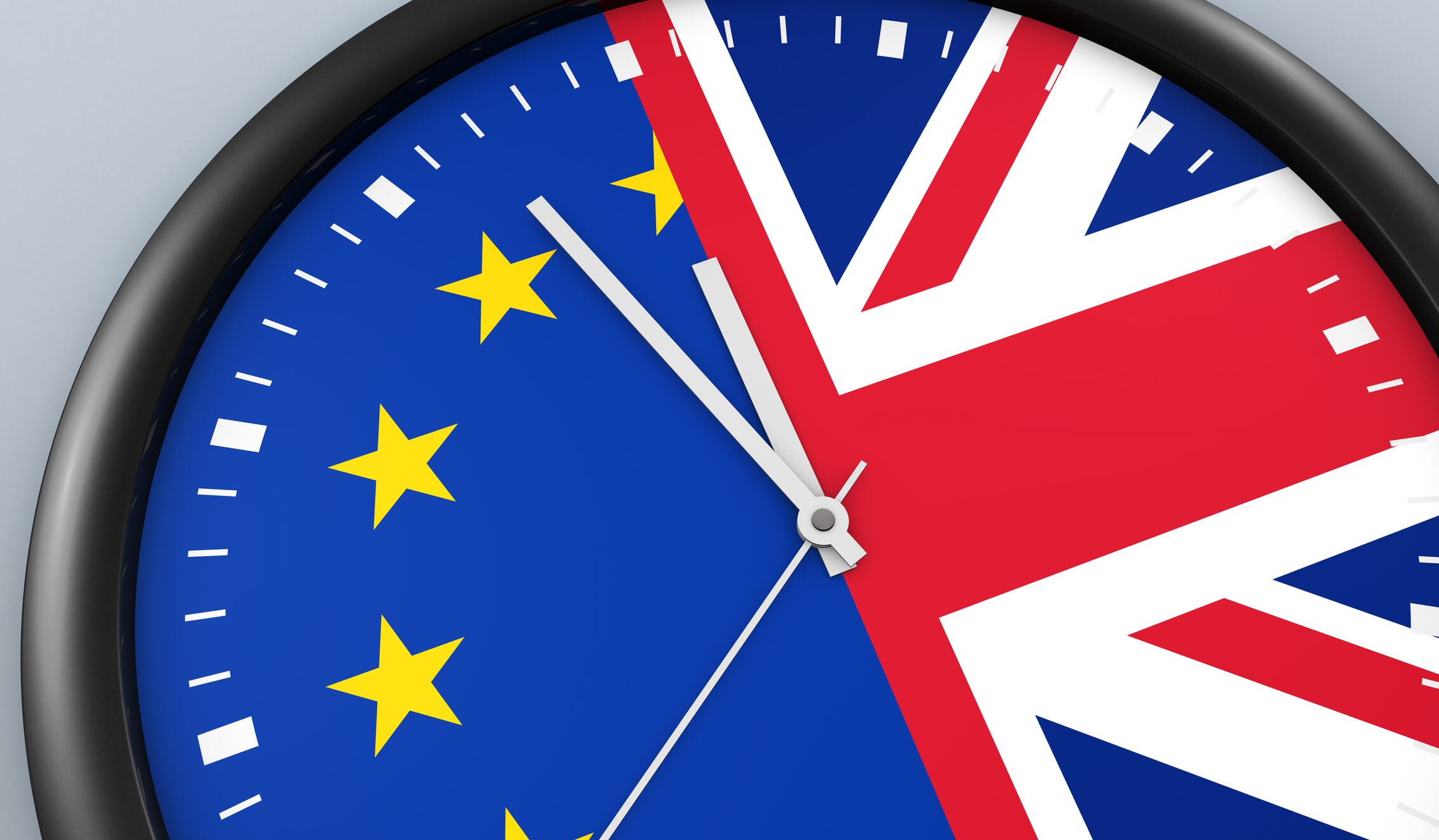The news comes amid fears that a no deal Brexit is expected as negotiations have stalled with the EU. Hints that a transition period could be extended to three years rather than the expected two have also angered industry.
Meanwhile, momentum is growing for people to have a vote on the Brexit deal as the People’s Vote and Independent March for the Future is to be held in London on Saturday, 20 October.
The House of Lords’ EU Energy and Environment Committee took evidence from secretary of state Michael Gove MP on Wednesday to explore the extent to which the Department for Environment, Food and Rural Affairs (DEFRA) was prepared for a ‘no deal’ Brexit.
Gove said the EU was unwilling to allow the UK to apply for third-country status until the UK had left the EU.
Gove said the process could take up to six months although there was a possibility the EU might agree to adopt a ‘fast-track’ approach, allowing exports to resume in five days.
Gove said one of his biggest concerns was what would happen at UK ports. He said that one-fifth of the UK’s exports went via the Dover Straights and Eurotunnel to Calais. In a ‘no deal’ scenario, the UK would become a third country and all animal exports would have to be checked at a Border Inspection Post (BIP). However, there is no BIP at Calais, so all animal and animal exports would have to be re-routed.
The Food & Drink Federation (FDF) has also raised concern about the prospect of ‘no deal’.
FDF chief executive Ian Wright CBE said: “There is worryingly little time left for Government to roll out its replacement for TRACES. For those businesses that depend on imports of raw materials of food and feed that are classified as being ‘high risk’, there is equally very little time to learn how the system works and become familiar with it.
“A particular concern arising from this no deal technical notice is that the UK will lose access to the EU’s systems for exchanging intelligence about food incidents between EU countries.”
The impact of Brexit also dominated the United Kingdom Warehousing Association’s (UKWA) recent Annual Parliamentary Lunch.
Speaking at the event, Karen Wheeler CBE, director general for border co-ordination at HMRC and head of the cross-government border delivery group, said: “Engaging with industry is important. We need to undertake individual dialogues with all stakeholders to facilitate the flow of goods and ensure we are not introducing processes which affect that flow of goods through our ports and airports.”
Lesley Bachelor OBE, director general of the Institute of Export & International Trade, told the audience of 120 people that many businesses were not ready for Brexit.

